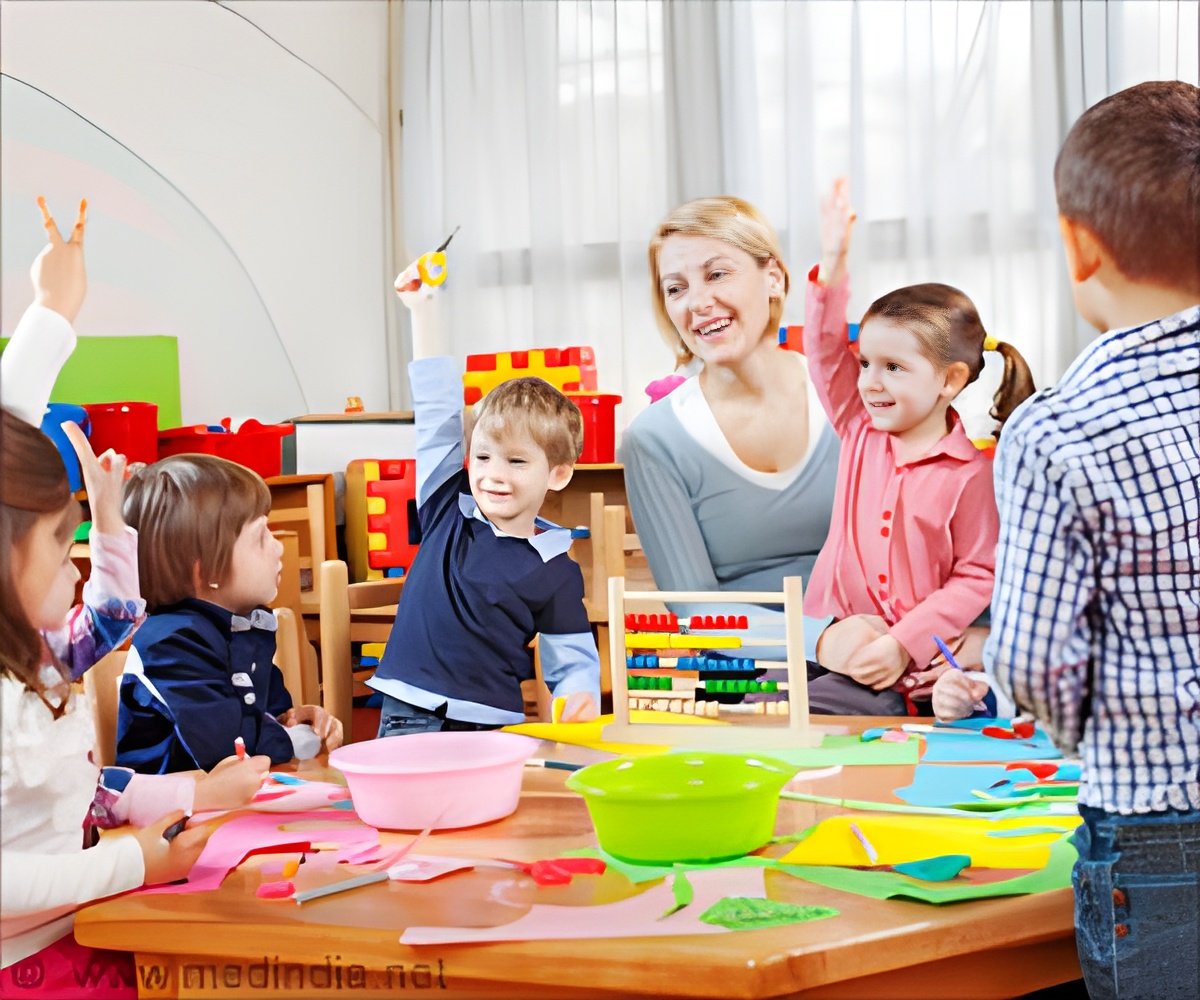
Finger counting: friend or foe? Preschool teachers are divided. Some see it as a sign kids are stuck, while others view it as a powerful math tool. A new study by researchers in Switzerland and France dives in, exploring if a finger counting strategy can actually boost kindergarteners’ arithmetic skills.
Adults and Finger Counting: A Sign of Trouble?
Adults rarely use their fingers to calculate a small sum (e.g., 3+2) as such behaviors could be attributed to pathological difficulties in mathematics or cognitive impairments. It is only from the age of eight that using finger counting to solve very simple problems can indicate math difficulties.
The current study aimed to determine whether children who do not count on their fingers can be trained to do so and whether this training would result in enhanced arithmetic performance. The study focused on 328 five and six-year-old kindergarteners (mainly White European living in France) and tested their abilities to solve simple addition problems.
Participating children were recruited through their teachers who voluntarily took part in the experiment. Teachers were required to register through a digital pedagogical and collaborative network, Lea.fr which was used to provide them with the materials and procedure details to implement the intervention program in their classrooms. The study included a pre-test, a training held over two weeks, a post-test closely after the training’s end, and a delayed post-test.
The results show an important increase in performance between pre- and post-test for the trained children who did not count on their fingers originally (from 37% to 77% of correct responses) compared to non-finger users in the control group (from 40% to 48%). These results were replicated in an experiment with an active control group instead of a passive control group. This is the first study to show that children’s performance in arithmetic can be improved through explicit teaching of a finger counting strategy.
Researchers suggest that since children who use their fingers to help solve math problems outperform those who do not, teaching a finger counting strategy could help reduce inequity among children in mathematics. However, whether children who use finger counting are using it as an arithmetic procedure or understand something deeper about numbers will still need to be determined with future research.
Source-Eurekalert



